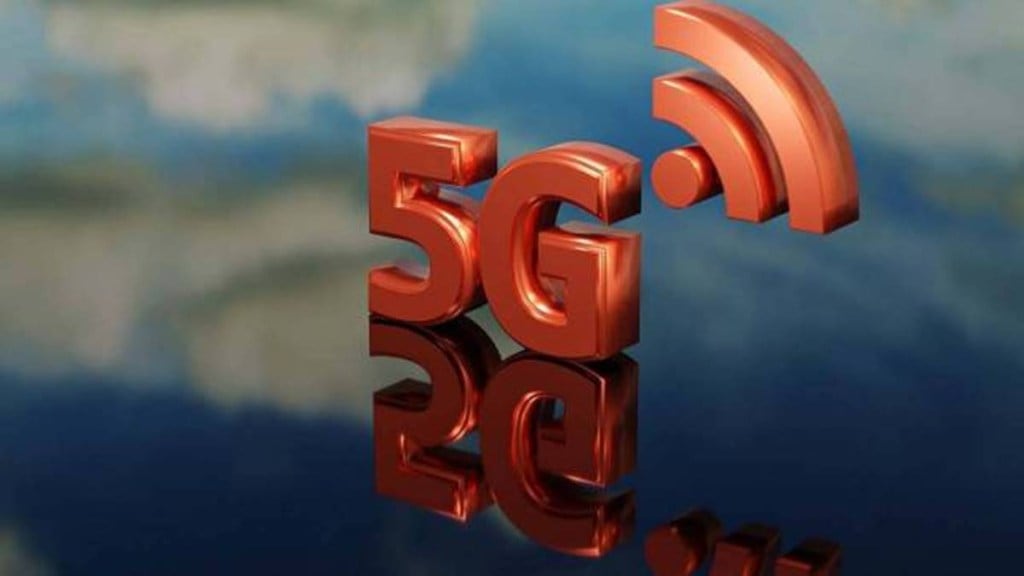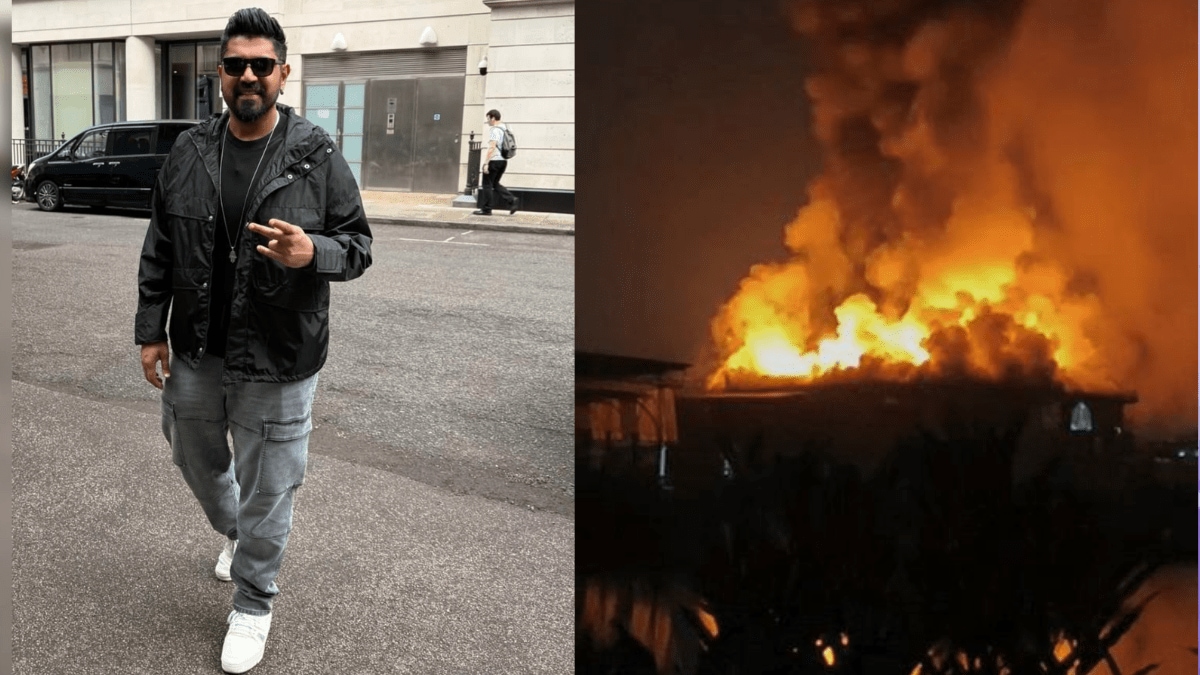Telecom gear makers Nokia and Ericsson have urged state-owned Bharat Sanchar Nigam (BSNL) to tweak its norms, enabling them to participate in the recently issued 5G tender, according to informed sources.
The same assumes significance as similar to 4G, BSNL will be launching its 5G services using indigenously developed technology. However, the tender’s condition restricts global players like Ericsson and Nokia from participating.
Lately, Nokia and Ericsson have experienced a sharp decline in sales from their India business over the past four quarters. This is due to private telecom operators having largely completed their 5G rollouts and scaled back their capital expenditure plans.
Officials said that BSNL is unlikely to revise the tender norms, as the focus is on promoting domestic players and utilising indigenously developed technology.
On Thursday, BSNL conducted a pre-bid meeting with industry executives on the 5G tender. A total of 29 companies such as L&T Technology, TCS, Tejas, VVDN, Lekha, Nokia, Ericsson, HFCL, among others, attended the meeting. On request of the industry, BSNL has extended the last date of the submission of bids to December 16.
Domestic companies such as TCS, Tejas, Lekha Wireless, among others, have asked BSNL to cut its minimum revenue share it tends to receive once the services are started. The companies said BSNL should be entitled to 30% revenue share and not 70% as per the present tender conditions.
BSNL, recently, issued a tender to launch 5G services in Delhi, seeking bids from network providers and gear makers to roll out indigenous 5G in standalone (SA) architecture across 1,876 sites.
The company intends to deploy 5G services on a revenue share model, wherein BSNL has asked for a minimum 70% share from selected bidders after services are rolled out. A revenue-sharing mechanism means the capital expenditure (capex) and operating expenses (opex) will be taken care of by the selected bidder.
“70% minimum revenue share to BSNL is not feasible with the investment required initially from bidders. A revised approach could start with a lower share for BSNL initially and then annual increase thereafter,” said Rakesh Bhatnagar, director general of VoICE consortium, which represents domestic telecom solution providers.
According to Bhatnagar, revenue share with a minimum of 70% for BSNL may see no responses. As part of the tender, BSNL has received 230 pre-bid queries so far from around 10 companies.
Besides the minimum revenue share, the companies said the bid security of 50 lakh for MSME/startups should be exempt as this is a major cost for the indigenous bidders. The companies said the3 crore performance bank guarantee is very high and should be reduced.
In their submission, the companies said BSNL should not ask for revenue sharing for two years as it takes time to commercialise the services.
Further, the companies have asked BSNL to delete the clause of contract termination if minimum revenue is not shared with BSNL for three years. The companies said bidders will not be able to take this loss, as the bidder does not own the revenue target for BSNL.
BSNL 5G rollout is initially planned to serve 100,000 registered subscribers, with a simultaneous launch of fixed wireless access (FWA) broadband services by the company.
According to the tender document, BSNL will utilise the 900 MHz and 3300 MHz bands to provide 5G SA services across the designated sites.
According to the eligibility criteria, the bidding company or consortium (with an OEM for 5G Core/RAN – Radio Access Network) must have an average annual turnover of Rs 50 crore over the last three financial years, up to FY24.








